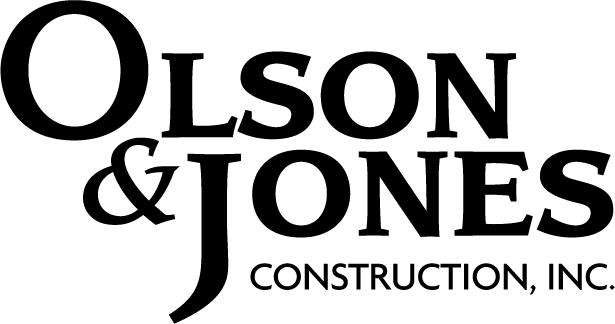Could Condominium Living Be Right For You?
Condominium living has many benefits for the right family. When you consider the fact that condos are relatively easy to get into and located conveniently, you can see how condos draw people in. Additionally, condos offer amenities that would be harder to access for a single family home. Want to walk outside and take a swim? Having a pool in a single family home might be out of reach for a lot of households, but many condo complexes have pools, spas, and other amenities paid for as part of the community’s HOA dues.
You might now be asking, “Wait, what are HOA dues, and why do I have to pay them if I live in a condo?!” It’s not as bad as it may sound. HOA’s, or Homeowner Associations, preside over community settings such as condos, townhomes, and even some groups of single family houses.
In return for HOA dues, they care for common areas, such as exterior maintenance, landscaping, and amenities. HOA’s are responsible for maintaining the integrity of the collective property value. This means when you get that frustrating letter from your HOA asking you to take down your Christmas lights in July, the association is only asking you to maintain the visual integrity of the property from the outside, or the common areas. Unfortunately, you can’t crumple up the letter and throw it away. If HOA rules are not complied with, fines are often issued, most or all of which can be recovered in court.
The rules put in place that restrict certain activity relating to renovating, decorating, and modifying community properties are referred to as CC&R’s (covenants, conditions, and restrictions). These are separate from the municipal rules for construction put in place by your city or county. Most, if not all, renovation projects in a condo will need to be approved by an HOA. The specifics of this will be included in your contract, which you’ll need to read line-by-line and ensure that you understand thoroughly before starting a construction project. Projects that will undoubtedly require approval include: interior and exterior walls, floor and ceilings, columns, plumbing and electrical.
It is recommended that condo owners establish a good relationship with their HOA board. If possible, becoming a member of the board is even better. There will inevitably be some bumps in the road to getting your construction plans approved and executed under your HOA. If you’ve established with your board that you’re a responsible homeowner that follows the CC&R’s, they are more likely to rule in your favor if your issue falls into a grey area.
Having a contractor that is comfortable, knowledgeable, and experienced working with HOA boards is crucial. This ensures your builder knows certain issues that may arise with parking, noise, and using common areas for construction. Make sure your contractor doesn’t proceed until your plans are thorough and everything is double checked. The more informative and compete your plans are, the better. This is because HOA’s could start to issue fines if construction projects begin taking too long, or if your team ends up working too late on any certain day. A contractor experienced in condo work will know how to plan the day’s work to avoid these issues.
While there may not be any punitive fines issued for annoying your neighbors, we still recommend talking to them about your construction plans. Give them tentative beginning and end dates and a rough run-down of the work to be performed. Allowing them to prepare for extra noise and people coming in and out is a common courtesy, and might just make you the favorite neighbor!

